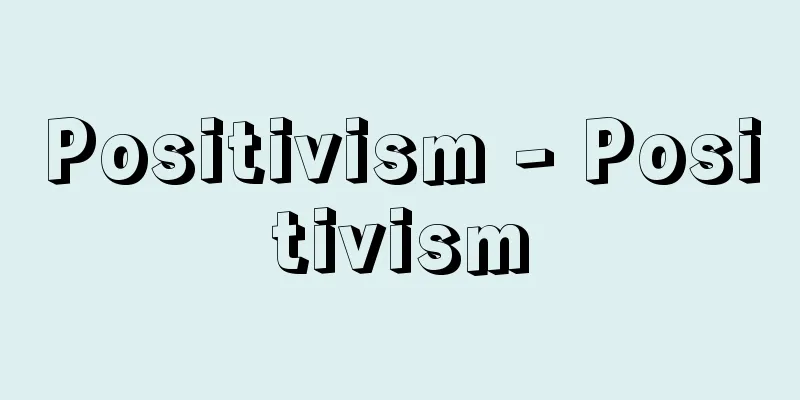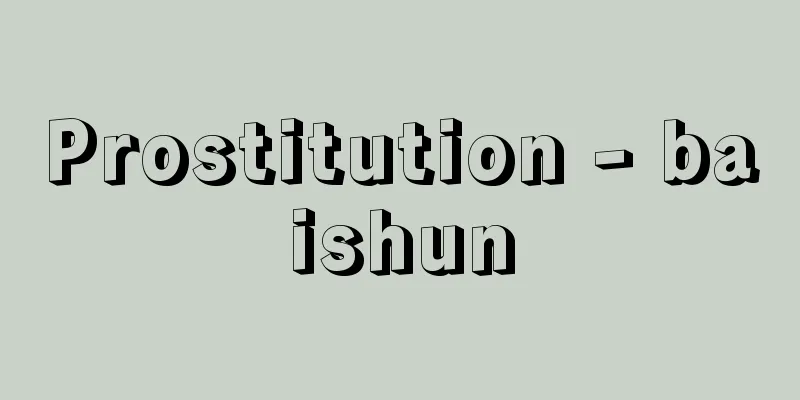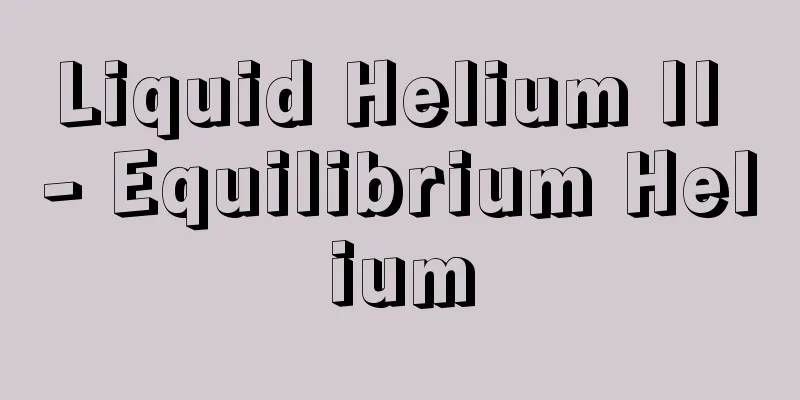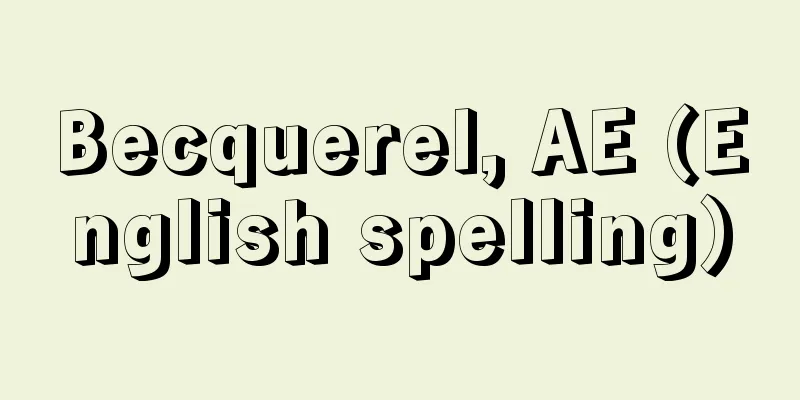Positivism - Positivism

|
A philosophical stance based solely on empirical facts and excluding any a priori or metaphysical reasoning. In the narrow sense, it refers to the philosophy of A. Comte. The name positivism originated with Saint-Simon, who tried to apply the methods of natural science to philosophy, and was established as positivist philosophy by Comte. Its origins lie in the British empiricism of J. Locke, D. Hume, G. Berkeley, and others, and the materialism of the French Enlightenment of Voltaire and D. Diderot, but the background to this is the rapid development of natural science and the establishment of industrial society. Locke and Hume accepted metaphysics, while Locke and Berkeley accepted knowledge of spirits and God, so in a general sense it actually includes empiricist philosophers, although with reservations, and in that sense J. S. Mill's empiricism is also positivism. Empiricists believed that when theological and metaphysical questions arise, they cannot actually be answered by any method that humans can use. However, other positivists dismissed such questions as meaningless. This second view led to pragmatism and logical positivism, as well as the verification of empirical meaning as seen in Berkeley and Hume. Positivism emphasizes the results of science, but questions that cannot be answered by empirical methods arise within science as well. E. Mach tried to apply empirical meaning to such logical questions and relate theories to the evidence for them. Comte believed that human thought inevitably passes through a theological stage to reach a metaphysical stage before reaching an empirical or scientific stage, and that the religious impulse must survive and have a purpose even if revealed religion declines, and that the objects of human worship are the church, the calendar, and the hierarchy. Comte's disciples F. Harrison and R. Congreve found such churches in England, but Mill, who tended to accept religion, rejected Comte's system. Positivism became the representative philosophy of the French Revolution, but in the 1870s, Mach and R. Avenarius began to question experience itself as the basis of science. Furthermore, in the early 20th century, based on the symbolic logic of B. Russell and others, the Vienna Circle put forward logical positivism, which is still in the mainstream of philosophical thought in Britain and America today. Source: Encyclopaedia Britannica Concise Encyclopedia About Encyclopaedia Britannica Concise Encyclopedia Information |
|
経験的事実にのみ立脚し,先験的ないし形而上学的な推論を一切排除する哲学の立場。狭義には A.コントの哲学をさす。実証主義の名は,自然科学の方法を哲学に適用しようとしたサン=シモンに始り,コントが実証哲学として確立した。その淵源は J.ロック,D.ヒューム,G.バークリーらのイギリス経験論と,ボルテール,D.ディドロらのフランス啓蒙主義の唯物論にあるが,背景には自然科学の急速な発達と工業社会の成立がある。ロック,ヒュームは形而上学を認め,ロックとバークリーは霊と神に関する知識を認めたので,実際には留保つきではあるが,一般的な意味では経験論の哲学者も含まれ,J.S.ミルの経験論もその意味で実証主義である。 神学的および形而上学的な疑問が起っても,実際には人間の用いることのできるいかなる方法であろうとそれに答えることができない,と経験主義者は考えていた。しかし,他の実証主義者たちは,そうした疑問は意味がないとして退けた。この第2の見方が,プラグマティズムと論理実証主義,さらにバークリーとヒュームにみられるような経験に基づく意味の検証につながった。実証主義は科学の成果を強調するが,経験に基づく方法では答えられないような疑問は科学のなかからも起る。 E.マッハはそうした論理的な疑問に経験的意味をあてはめ,理論をそれに対する証拠に関係づけようとした。コントは,人間の思考は必然的に神学的段階を経て形而上学的段階に達してから,実証的ないし科学的段階に達するとし,宗教的衝動は啓示宗教が衰退しても生残り,目的をもつはずであるとして,人間の崇拝の対象は教会と暦とヒエラルキアであると考えた。コントの弟子の F.ハリソン,R.コングリーブらはそうした教会をイギリスで見出したが,宗教を容認する傾向のあるミルはコントの体系を否定した。 実証哲学はフランス革命期の代表的哲学となったが,1870年代には科学の根底としての経験自体がマッハ,R.アベナリウスによって問題とされるにいたった。さらに 20世紀初頭には,B.ラッセルらの記号論理学をふまえて,ウィーン学団が論理実証主義を打出し,それは今日のイギリス,アメリカの哲学思想の主流に受継がれている。 出典 ブリタニカ国際大百科事典 小項目事典ブリタニカ国際大百科事典 小項目事典について 情報 |
<<: Lectures on Positive Philosophy - Courses de philosophie positive
>>: Positive economics - positive economics
Recommend
Ryukaen
Gagaku. Tang music. Bi-tonal Construction It is a ...
Hokkeji Temple
A nunnery of the Shingon sect located in Hokkeji-...
Cassino (English spelling)
A city in the province of Frosinone in the Lazio r...
Avena strigosa (English spelling)
…[Tetsuo Koyama]. … *Some of the terminology that...
Boiling - ebullition
When a liquid vaporizes, the vapor pressure incre...
Kang Cho (English name)
?-1010 A politician of Goryeo, Korea. In 1009 (the...
Incense sticks
It is made by making incense paste or powdered in...
American New Cinema
...This expression was first used in the American...
S boat
…The British CMB (coastal motor boat) and the Ita...
Tragedy - Higeki
It is a translation of tragedy (English), tragedi...
Pseudocheirus lemuroides (English spelling) Pseudocheiruslemuroides
…[Yoshiharu Imaizumi]. … *Some of the terminology...
Warm water mass
A warm water eddy is a mass of warmer seawater sca...
Luo Jin-gyoku
A Chinese scholar of historical research and epig...
ELINT - Elint
Electronic intelligence is information and knowled...
Magazzino
… [Kirisiki Shinjiro] [Early Modern Warehouses an...









